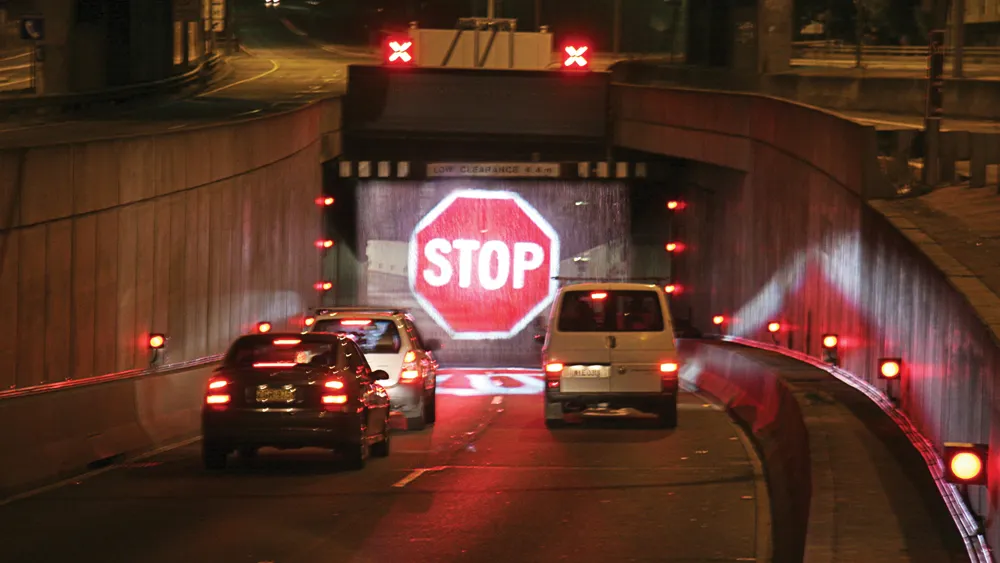Based on a survey by TNS Sofres in February 2011, Axa Prévention reports that French driving standards are deteriorating and drivers seem to have lost their awareness of the risks.
May 21, 2012
Read time: 2 mins
Based on a survey by TNS Sofres in February 2011, Axa Prévention reports that French driving standards are deteriorating and drivers seem to have lost their awareness of the risks.
Two thirds of drivers do not stop at amber traffic lights, rising to 94 per cent of drivers aged under 25. Since 2004 the proportion of drivers who feel this poses a danger has fallen from 63 per cent to 55 per cent. Some 54 per cent of drivers to not use indicators, regardless of the penalty, while some 49 per cent of drivers drive in built-up areas at 65 kmph even though 69 per cent feel this is dangerous.
There is mounting concern over the use of mobile phones at the wheel, also reported by Ifsttar and Inserm. Some 34 per cent of drivers use mobile phones while driving, and one sixth use SMS messaging at the wheel. This rises to 39 per cent in the under 25 age group. Some 27% of drivers take the wheel after two drinks. The survey also found that despite awareness campaigns, the proportion of drivers who drive for five hours without a break has risen to 33 per cent. Drowsiness at the wheel is said to be the biggest cause of motorway fatalities.
The slipping driving standards have been attributed to complacency, as since 2003 drivers have become used to obeying the road safety authorities rather than exercising self-regulation.
Two thirds of drivers do not stop at amber traffic lights, rising to 94 per cent of drivers aged under 25. Since 2004 the proportion of drivers who feel this poses a danger has fallen from 63 per cent to 55 per cent. Some 54 per cent of drivers to not use indicators, regardless of the penalty, while some 49 per cent of drivers drive in built-up areas at 65 kmph even though 69 per cent feel this is dangerous.
There is mounting concern over the use of mobile phones at the wheel, also reported by Ifsttar and Inserm. Some 34 per cent of drivers use mobile phones while driving, and one sixth use SMS messaging at the wheel. This rises to 39 per cent in the under 25 age group. Some 27% of drivers take the wheel after two drinks. The survey also found that despite awareness campaigns, the proportion of drivers who drive for five hours without a break has risen to 33 per cent. Drowsiness at the wheel is said to be the biggest cause of motorway fatalities.
The slipping driving standards have been attributed to complacency, as since 2003 drivers have become used to obeying the road safety authorities rather than exercising self-regulation.









